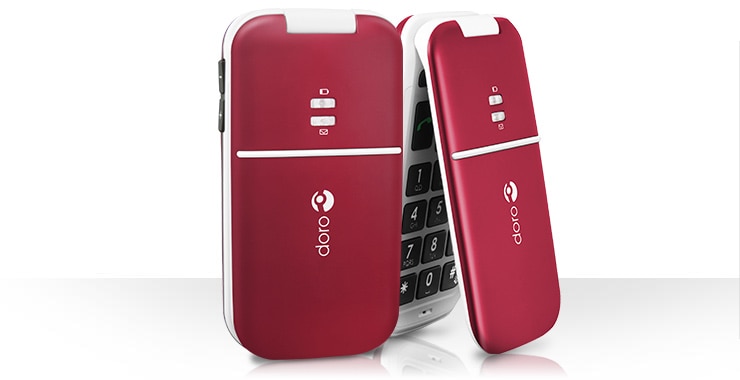The Christmas crunch is on.
In the wireless segment, this is the season that sees the greatest level of activation activity – meaning that the next 45 days may predict or even determine which service providers will survive on their own for another year. Which devices will win the hearts and minds of consumers? In a tweet, Kaan Yigit said that people may aspire to iPhone, but many settle for an Android.
There are a lot of price plans in the market and it isn’t always easy to compare offers between competing service providers.
I am often asked which service provider is better. Whether it is wireline, wireless, internet or TV, my answer is almost always the same: it depends.
It depends on what you want to do with the device and the service.
A good retailer will help you work through the answers, but it helps if you know what questions to ask. Here are a few that I think are most important.
Most important is confirming whether the service works optimally where you want to use it. Parents of college students need to remember that what works in downtown urban centres may not work in smaller college towns. Price is irrelevant if the thing just isn’t going to connect to the network. Conversely, just because the parents may want the service to roam across Canada or around the world doesn’t mean that the device for your grade school kid needs to.
If it is internet: what kind of speeds will I get at home? If it is mobile phone service: will you get 5 bars at home and along your regular commute? Do you travel? If so, will it work and what will it cost when I am away? Is the device unlocked for me to buy a foreign SIM card?
What kind of things do you want to use the service for? Are you interested in downloading music or watching videos? What kind of data plan is available? How much do I save by signing a contract? What are early termination charges if I change my mind?
I won’t even begin to look at the choice of operating systems on smartphones. That would be wading into a religious debate. But do be sure to consider intra-familial communications. How will the new device fit in with the rest of the household? 
By the way, I had a chance to try out a great phone over the past few weeks. In an age that focuses on full featured smartphones, the Doro is a throwback to another era. Big, easy to read buttons, large text display. If you have parents or grandparents who still don’t have a phone, then consider getting them a Doro or something similar.
As I wrote earlier this week, consumer education beats government intervention. What other questions should consumers be asking when shopping for communications services this season?
